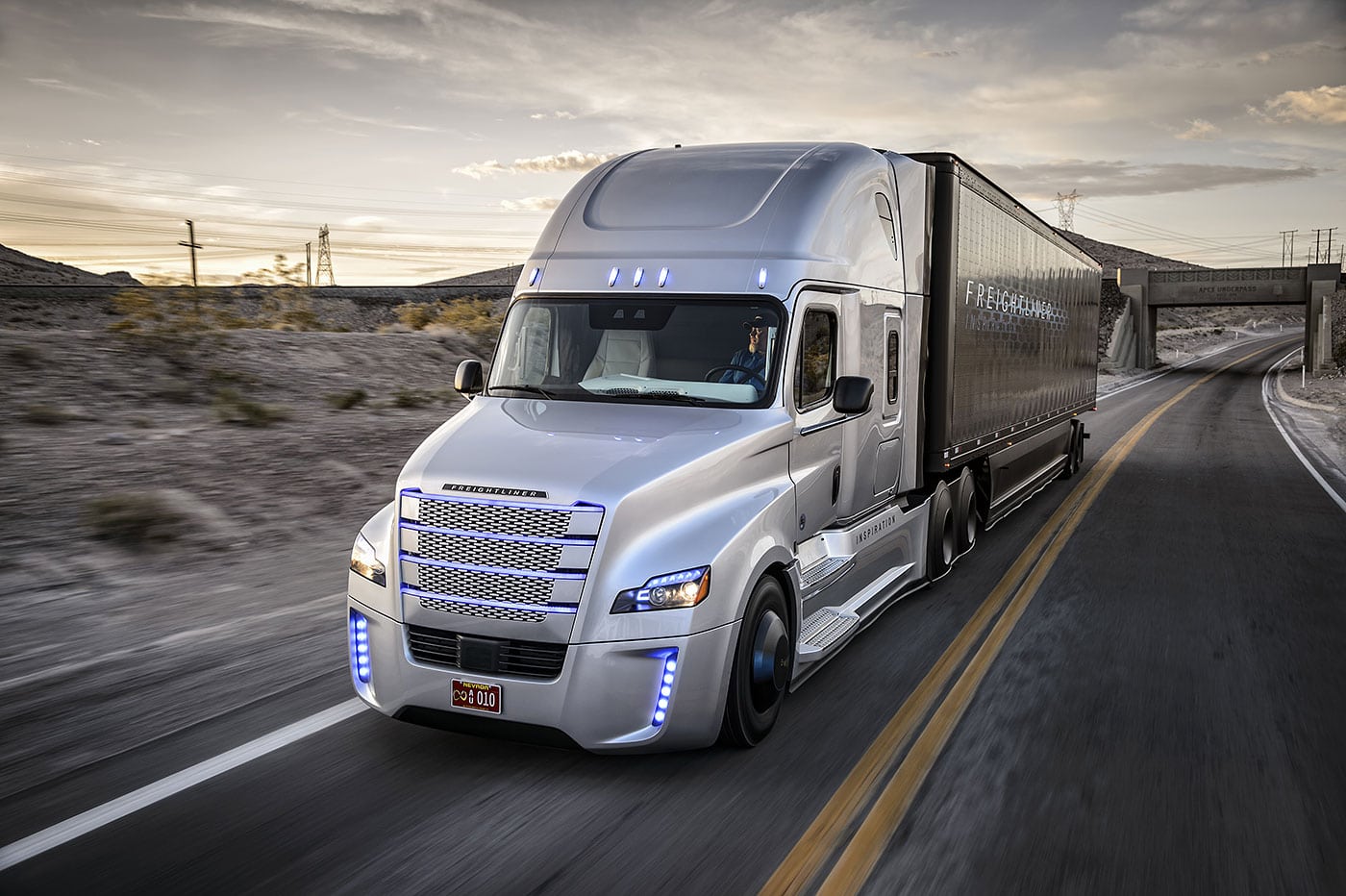Buying a car is always expensive, but you don’t have to purchase it with cash. Financing a car is a great way to get the car you want while paying it off in incremental payments. It’s also effortless to get carried away thinking about cars you can’t afford. You probably picture yourself in a brand new luxury vehicle. It may seem too expensive, but by understanding car financing, its rules, and its terminology, you can find the best deal for your budget and situation.
Budgeting a Vehicle
Purchasing an automobile with cash is uncommon. Unless you have a lot of money to throw around, you will probably want to finance an expensive car or to budget an inexpensive one. With payment installments, you can budget the car you want. There are many different financing options. Many of them are similar, but if you read closely you can find the one that is right for you. You should ask yourself how long you want to have the car and decide which finance option you should use based on that. It will, after all, help you find a reasonable rate.
Types of Car Finance
Personal leasing, or contract hire, is similar to many other types of car financing, but the catch is that you will never own the car yourself. If you are looking to own the vehicle at the end of finance, you will have to look elsewhere. But if you don’t mind not owning the car and simply want to rent it for a determined period and annual mileage, this may be the lease for you.
The experts at the site MoneyPug, a platform to find car finance deals, one of the most classic leasing options involves paying a deposit and following up with fixed monthly payments. This is known as hire-purchase. Technically, using this method the lender owns the vehicle until the final payment is made. Then the borrower has the option to purchase the car for a set amount.
Personal contract purchase is a lot like hire-purchase, requiring the person to pay a deposit and make repayments every month from one to four years. At the end of this period you can either pay what they call a “balloon payment” to keep the car, or trade it in for an upgrade.
The fourth most common way to lease a car is through an unsecured loan. This is when a bank or another lender offers you money that can be used for buying an automobile. Then the money will be back over an agreed period, which is usually returned with direct debit. Interest is added onto the amount you borrowed for the car, like any other loan. It is usually a fixed rate.
Finance Terminology
The first thing you should know as far as the terminology of car finances goes is the annual percentage rate, or APR. Make sure to check the percentage before you agree on the lease, it can include other charges including the interest. Basically, the lager the deposit, the lower your interest rate. You should also try to avoid being influenced by low monthly payments. They often turn out to be the more expensive option.
Another term to know is fair wear and tear. This means that you have taken care of the vehicle and you only wear is natural deterioration. Issues that are not considered fair wear and tear are dents, damage to the wheels, tears in the upholstery, and chips or scratches in the paint. If you have any of these issues, you will likely be charged extra.
The mileage limit refers to the amount of miles the lease allows you to drive without charging you more for it. This limit can be determined by the month or the year, but if you go over you will pay for it. They add on a fee because it affects how the car will value in resale.
Your length of payment period is related to how much you will pay back per pay period. Lower and longer term loans are enticing because you pay less every month, but it costs you more in the long-run. Most comfortable repayment periods are between two and five years.
Finally, guaranteed future value is the expected price of the car at the end of your lease. It calculates various factors and will determine if any other charges will be added at the end of the lease.







